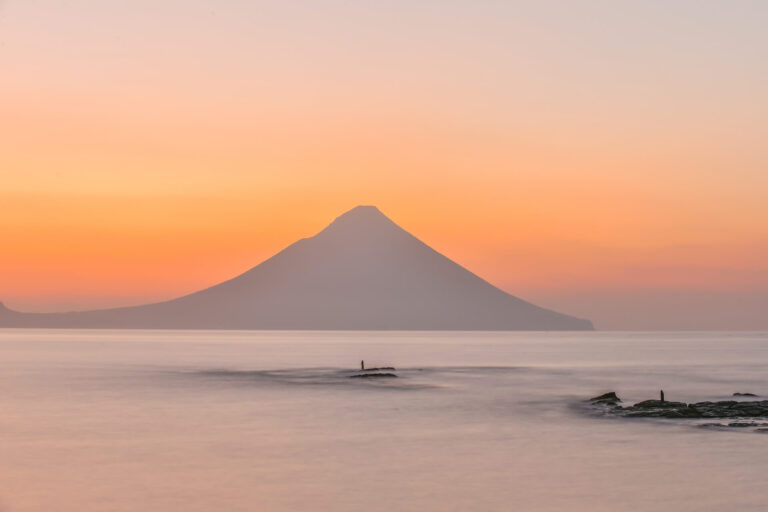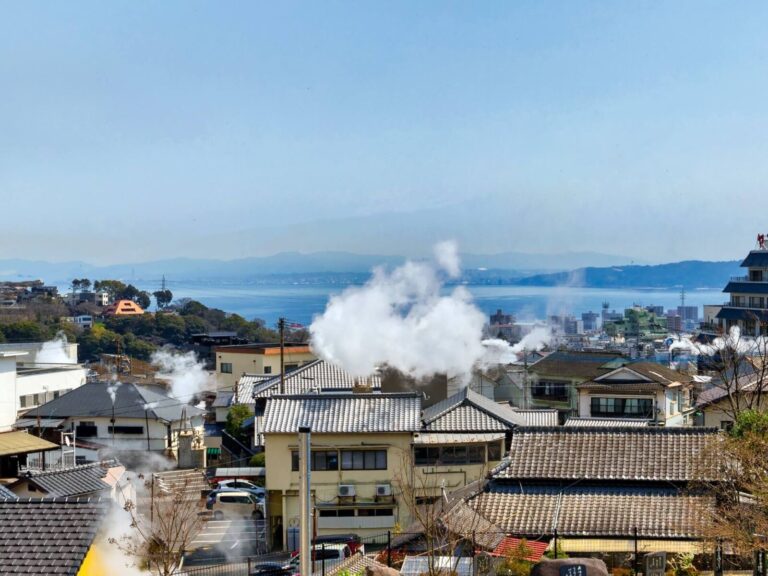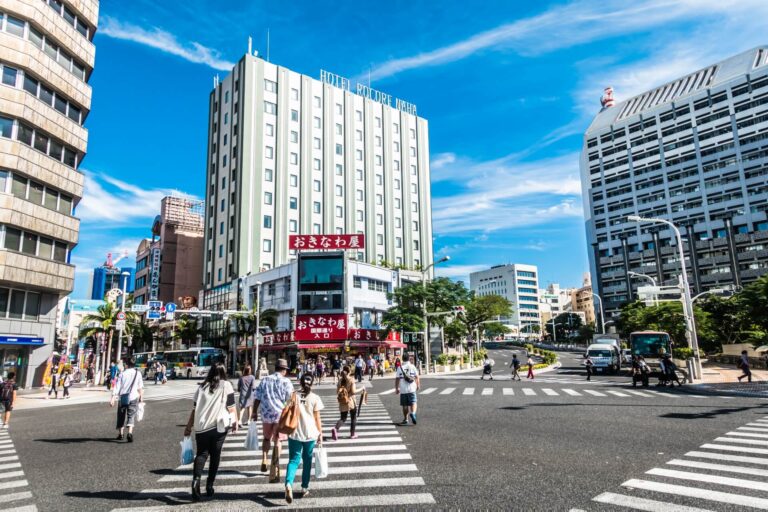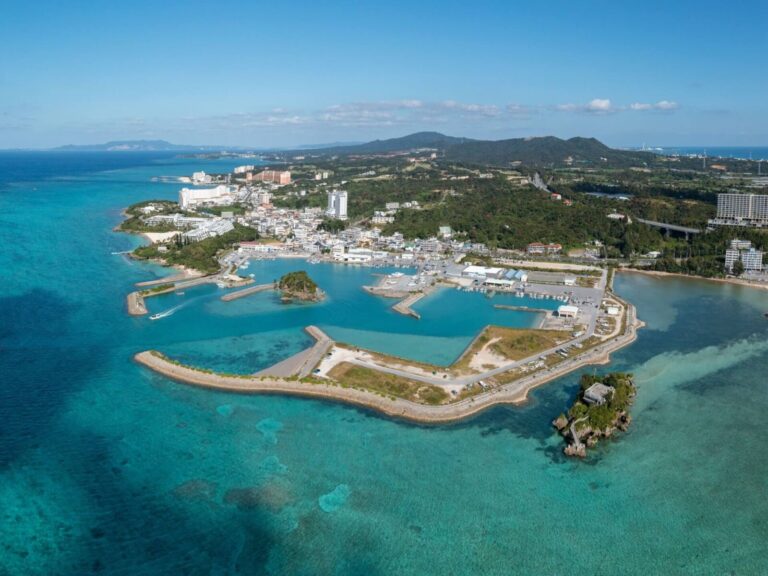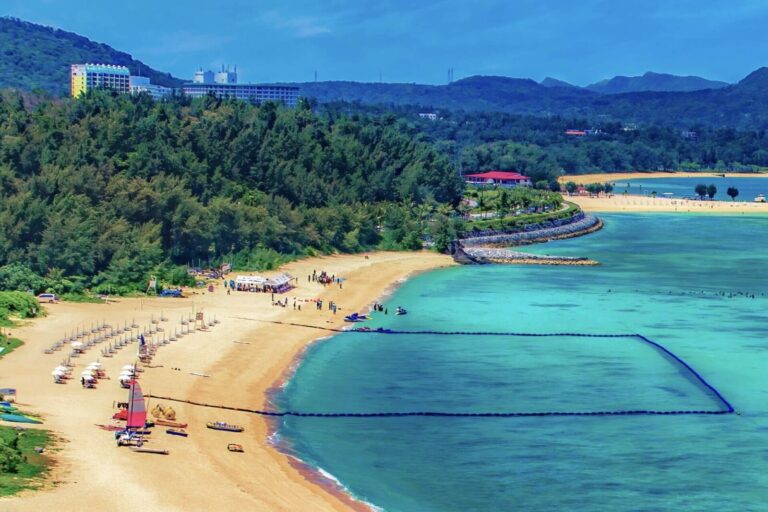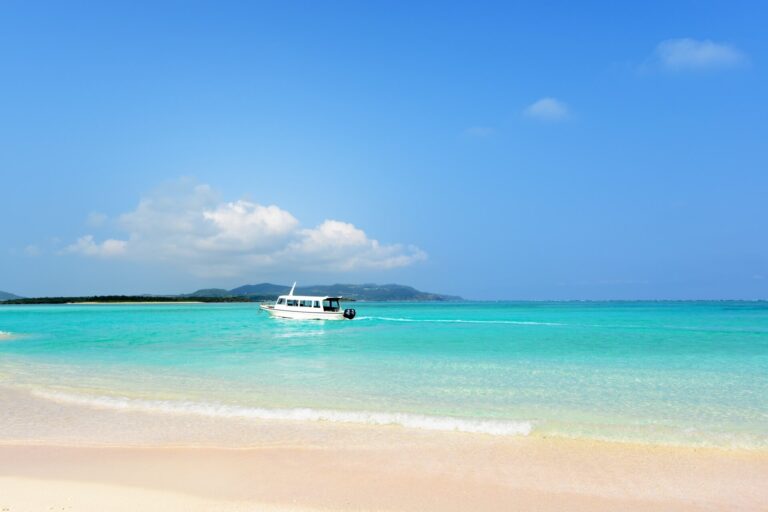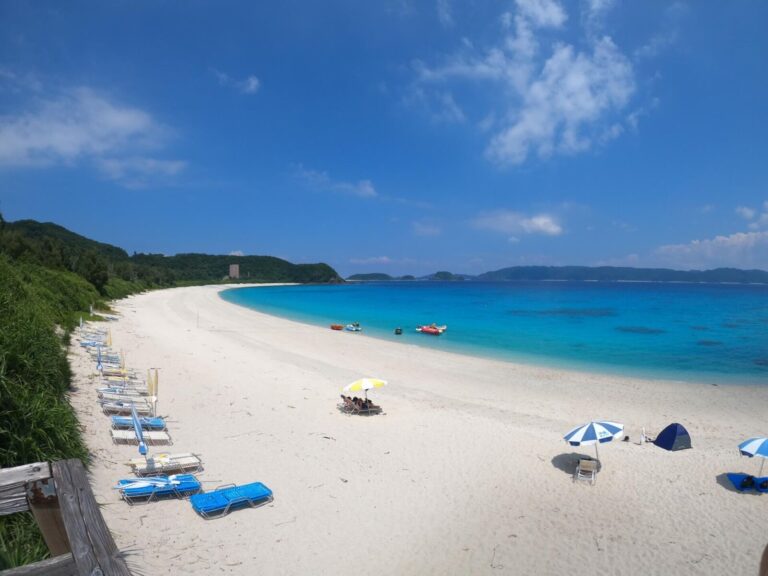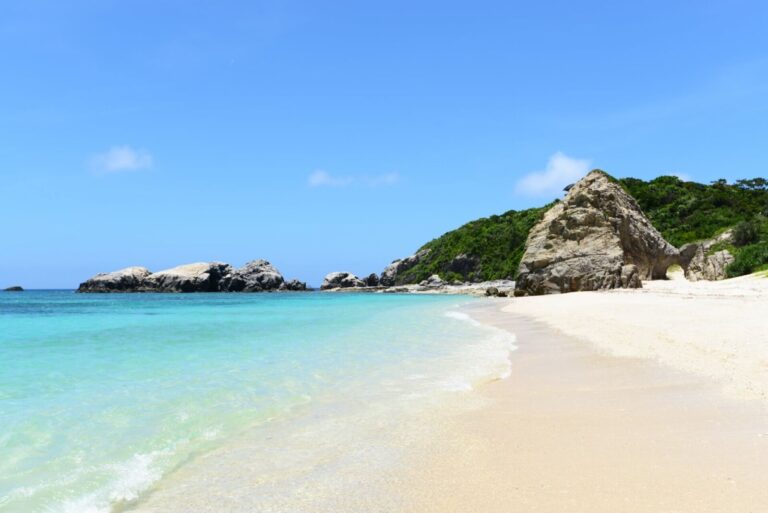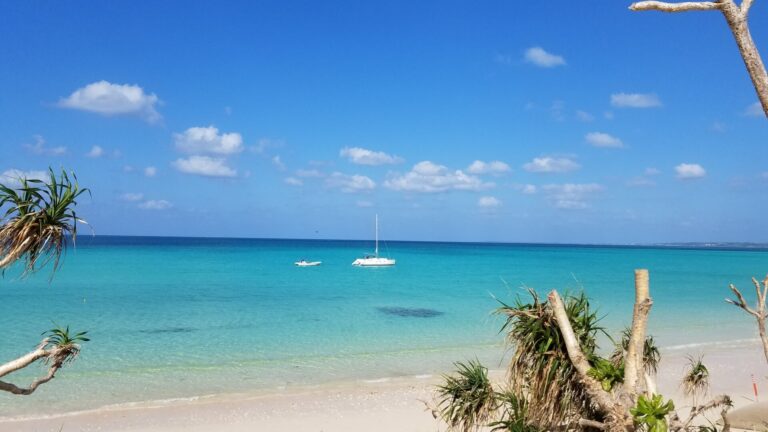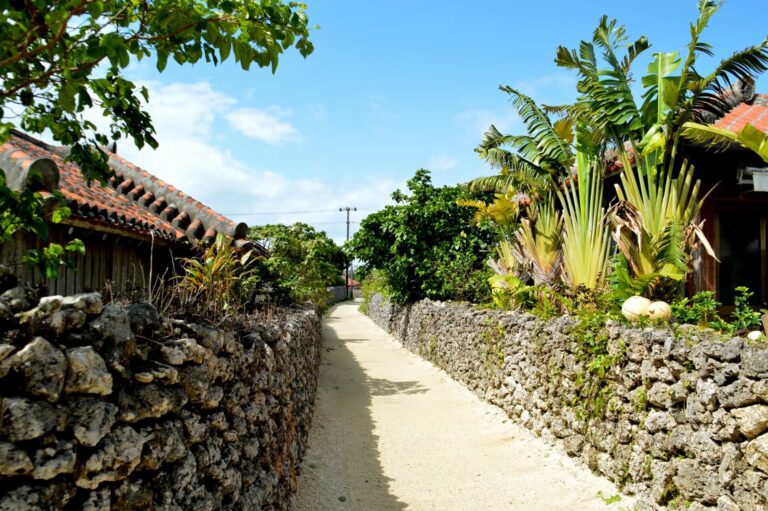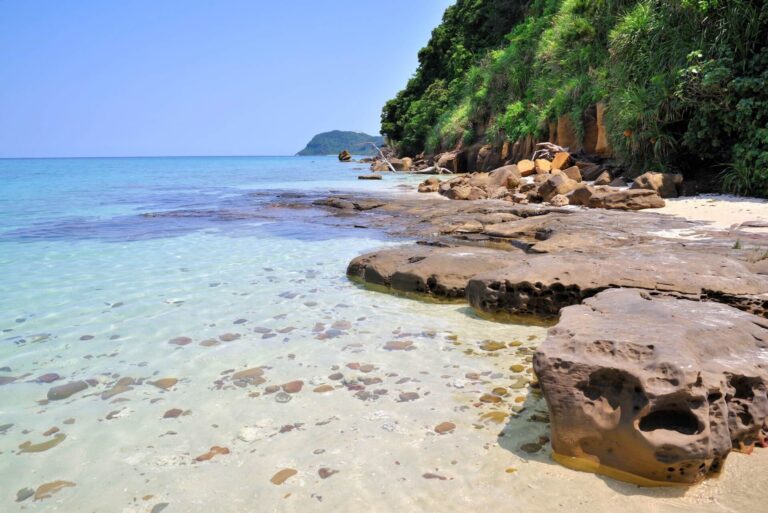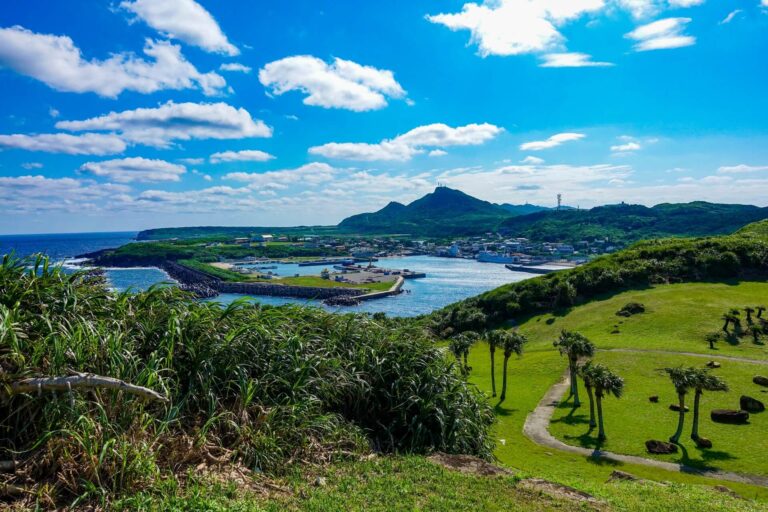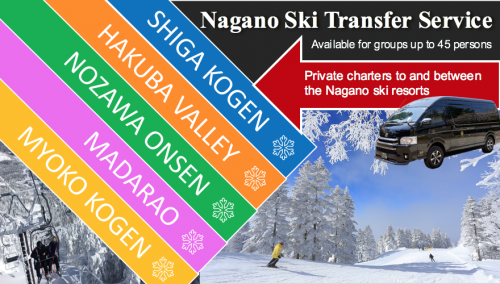Kumamoto Station

Kumamoto is the largest city in Kumamoto Prefecture and a stop on the Kyushu Shinkansen line running from Hakata Station to Kagoshima-chuo Station, making it quick and easy to get to. On this page you will find the following information:
— Train Lines / Services to Kumamoto Station
— Rail Passes Covering Travel to Kumamoto
— Purchasing & Activating a JR Pass
— Kumamoto Station Tourist Information
— Accommodation In & Around Kumamoto Station
— 30 Things to Do Around Kyushu & Where to Stay
Kumamoto lies around 115km to the south of Fukuoka and 175km to the north of Kagoshima. Sitting between those two popular destinations in Kyushu, Kumamoto is easy to reach using the Kyushu Shinkansen and boasts some rewarding attractions including Kumamoto Castle, Suizenji Garden and the nearby volcano of Mount Aso – see ’10 Things to Do Around Kumamoto & Where to Stay’ below for more suggestions of just what’s on offer.
It is important to note that this page is intended for international visitors who will primarily be interested in using the shinkansen along with a couple of other services, and does not include complete information about all services and facilities at the station.
TRAIN LINES / SERVICES TO KUMAMOTO STATION
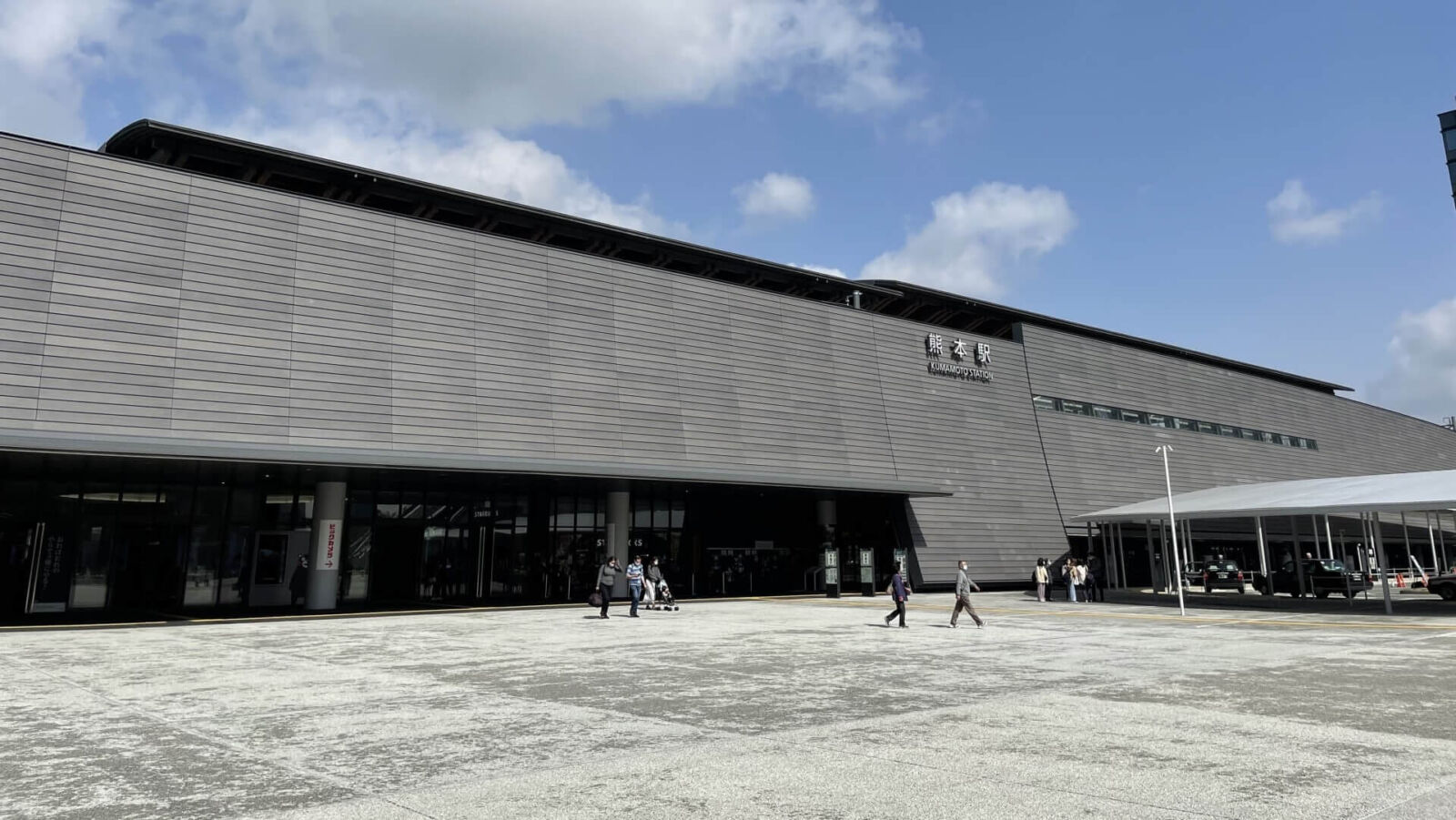
Kumamoto Station is serviced by multiple lines of which the Kyushu Shinkansen running from Hakata Station in Fukuoka to Kagoshima-chuo Station in Kagoshima will be of most interest. Local lines including limited express services also connect Kumamoto Station with popular destinations around Kyushu. Let’s start with the most important line running to the station:
KYUSHU SHINKANSEN
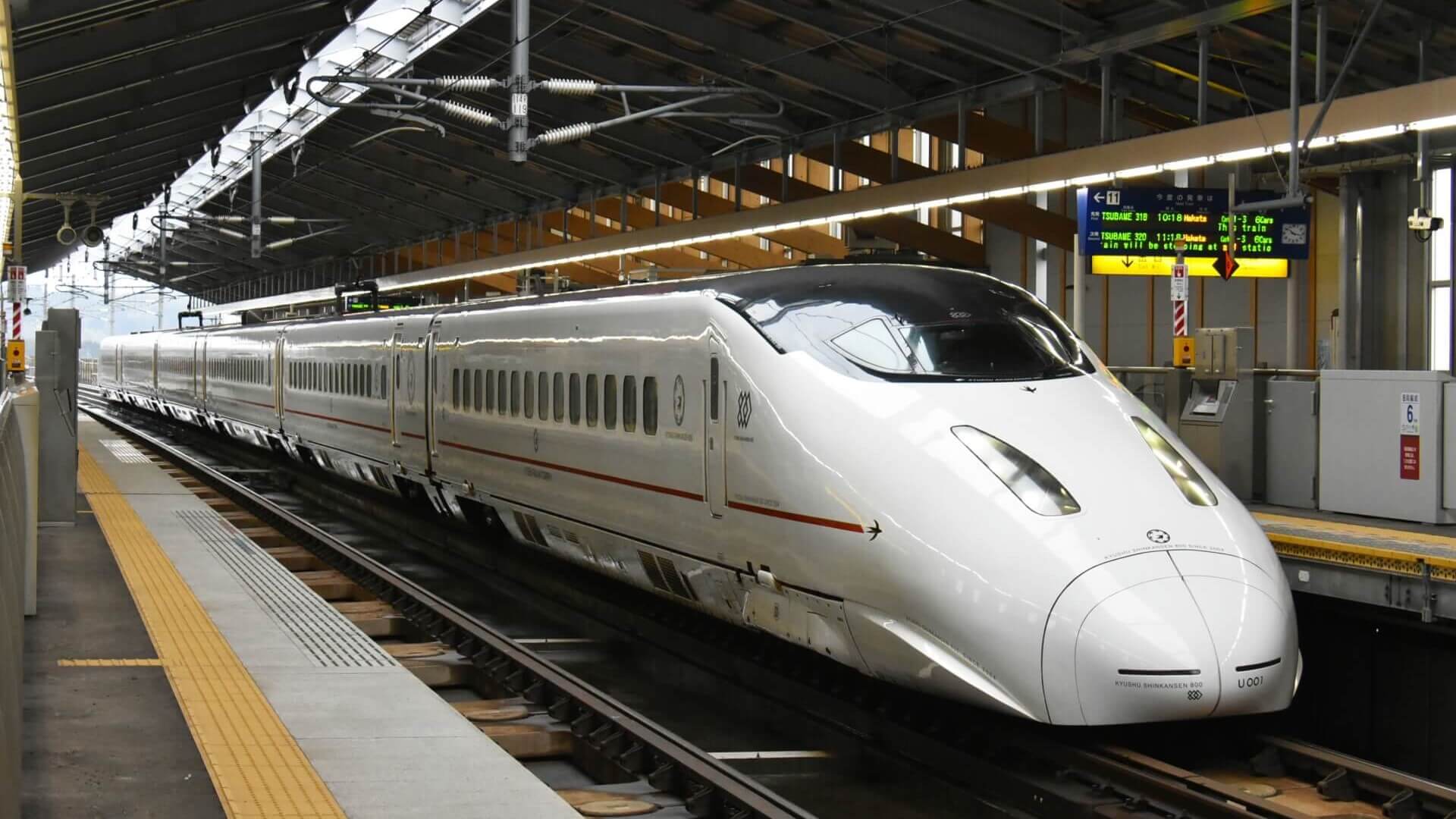
Running from Hakata Station to Kagoshima-chuo Station, the Kyushu Shinkansen is the easiest way to move to and from Kumamoto. Three services run along the line of which the ‘Mizuho’ is the fastest with many services carrying on past Hakata Station and along the San’yo Shinkansen line onto Hiroshima, Okayama, Kobe and as far as Osaka. The other two services, the ‘Sakura’ and ‘Tsubame’, only operate on the Kyushu Shinkansen line. For holders of the Japan Rail (JR) Pass, it’s important to note that while ‘Mizuho’ services are not covered by the pass, both ‘Sakura’ and ‘Tsubame’ services are. Stops on the line include:
Hakata / Shin-Tosu / Kurume / Chikugo-Funaoya / Shim-Omuta / Shin-Tamana / Kumamoto / Shin-Yatsushiro / Izumi / Sendai / Kagoshima-chuo
Regular services run to and from Kumamoto Station every day. The earliest shinkansen service from Kumamoto bound for Kagoshima-chuo – a journey of around 60 minutes – departs around 06:10 with the latest departing around 23:00. Services from Kumamoto to Hakata depart from just after 06:00 and run until around 23:20 and take between 40 to 50 minutes. Shinkansen services operate from Platforms 11 to 14 at Kumamoto Station.
OTHER TRAIN SERVICES
Multiple local lines and rapid services operate to and from the station providing access to regional destinations, including the:
LIMITED EXPRESS ‘TRANS-KYUSHU’ / ‘KYUSHU ODAN TOKKYU’
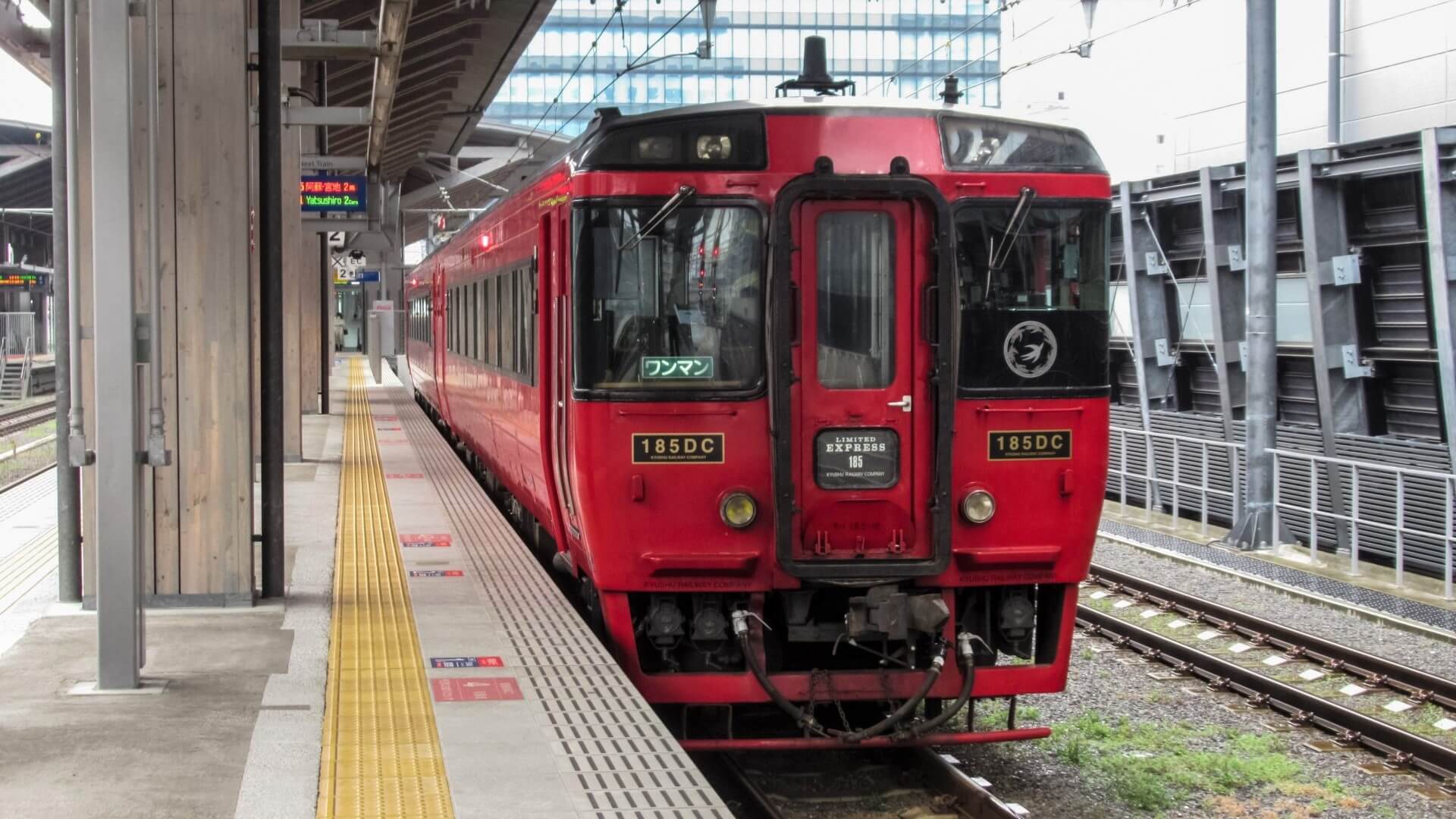
Running from Kumamoto Station to Beppu Station, the Limited Express ‘Trans-Kyushu’ provides access of one of Japan’s most famous hot spring towns, Beppu Onsen. Taking around 3 hours to cover the journey from Kumamoto to Beppu, there are only two services each day – running from Kumamoto Station just after 09:00 and 15:00. This service is also coverd by the JR Pass.
Other local and limited express services also operate on the following lines from Kumamoto Station:
Kagoshima Main Line bound for Hakata, Tamara, Arao, Omuta and Yatsushiro.
Hohi Main Line bound for Suizenji, Musashizuka, Higo-Ozu and Miyagi.
Misumi Line bound for Misumi.
RAIL PASSES COVERING TRAVEL TO KUMAMOTO
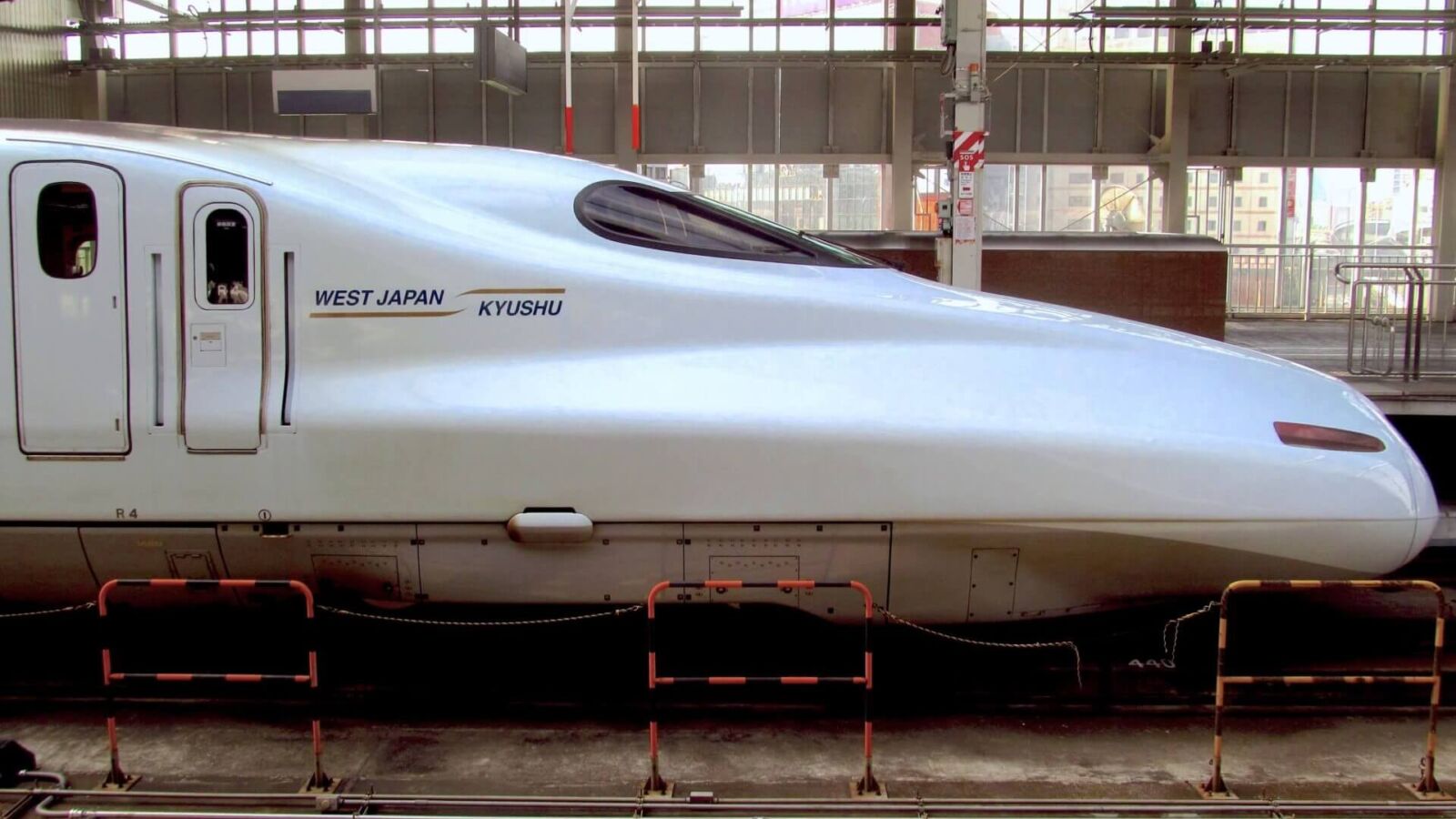
There is no escaping the fact that travel using the shinkansen and other rapid services is expensive. Given the speed and distances covered by these trains, travelers should think of them much like taking a flight, with tickets accordingly priced. International visitors to Japan have the option of purchasing one of several passes which allow for limited use of the Kyushu Shinkansen along with unlimited use of numerous other services, starting with the:
JAPAN RAIL (JR) PASS
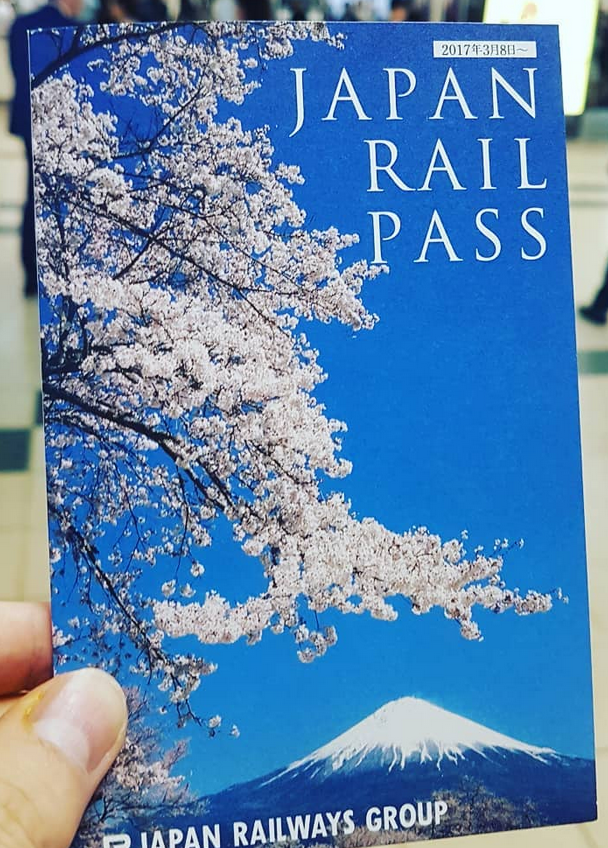
Covering all 9 shinkansen lines in Japan and many other train services, the JR Pass is a great option for visitors planning to use the shinkansen more than a handful of times and/or travel large distances. Travelers have the option of 7, 14 and 21-day passes covering either Ordinary or Ordinary and Green Cars. The JR Pass allows for use ‘Sakura’ or ‘Tsubame’ on the Kyushu Shinkansen line however the pass does not cover ‘Mizuho’ services. These services can be used but you would need to pay the full-fare. The JR Pass also covers the Limited Express ‘Trans-Kyushu’ / ‘Kyushu Odan Tokkyu’ service discussed above.
PURCHASING & ACTIVATING A JR PASS
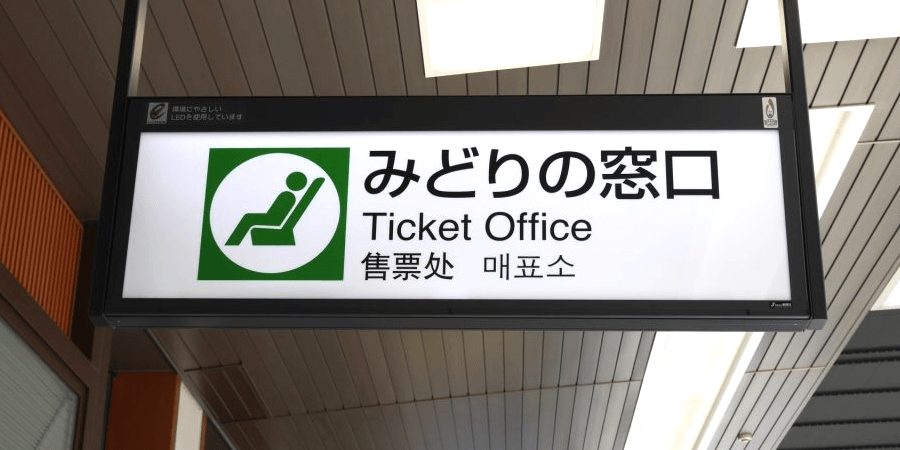
Passes can be purchased via the official website or via a JR-affiliated sales office. Once you completed payment, you will receive an exchange order. This is a proof of payment and looks almost like a flight ticket with your personal details, type of pass, and validity (three months from the date of issue). It is important to note that the exchange order is not your actual pass and will need to be exchanged for your pass once in Japan. Whatever you do, do not lose the exchange order and prioritise exchanging it for your pass when you arrive. Before using a pass, it must first be exchanged/activated. Exchanging/activating the pass can however be done at numerous offices located at airports – including Narita Airport and Haneda Airport in Tokyo – and major train stations throughout Japan*. If you have the time, we recommend activating your pass while at the airport. If you’re planning to do so at Kumamoto Station, you can exchange/activate your pass at the:
— JR Ticket Office: open daily from 11:00 to 18:00
Otherwise, passes can also be activated at Hakata Station and Kagoshima-chuo Station on the Kyushu Shinkansen line. To exchange/activate your pass you will need your exchange order and passport. Make sure you allow adequate time to exchange and activate your pass if you are intending to use it on the same day or do so a day or two before you plan to start using it (you can always nominate a later activation date). Once you have your activated pass you are free to ride however you can’t insert your pass into the ticket gates. Simply walk through the side booth (permanently attended by station staff) and show your pass. You will be waved through and you can make your way to the platform.
*please note, JR Passes cannot be exchanged / activated at Kumamoto Airport or Fukuoka Airport.
KUMAMOTO STATION TOURIST INFORMATION CENTER
Open daily from 09:00 to 17:30, JR Kumamoto Station Tourist Information Center is located on the first-floor of the station, midway between the station’s East Exit and West Exit. English-speaking staff are on-hand to assist with any transport, sightseeing and accommodation enquiries. Other languages such as Chinese may be available. Free WiFi is available inside along with a charging station.
ACCOMMODATION IN & AROUND KUMAMOTO STATION
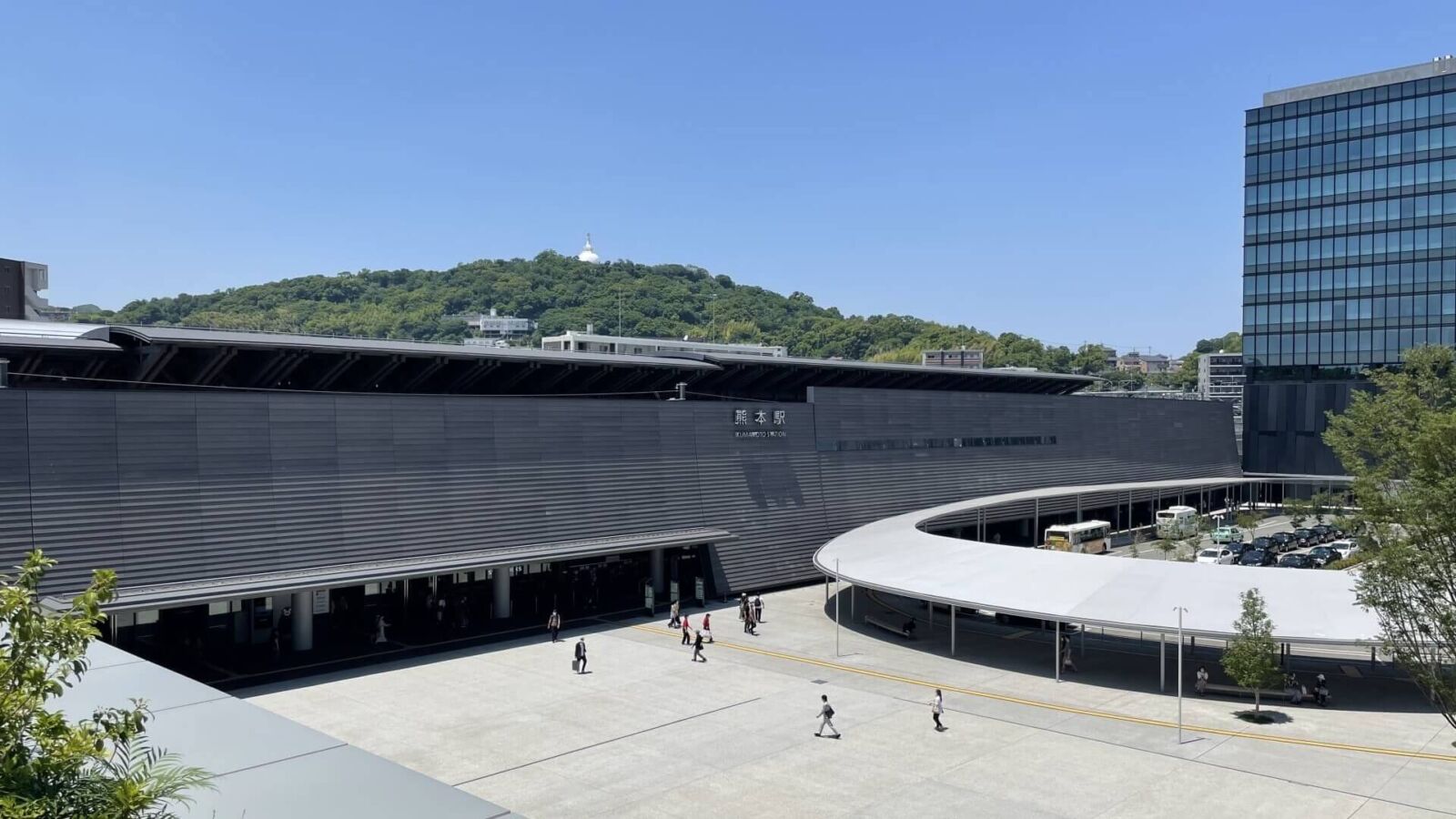
There are plenty of accommodation options in Kumamoto City with a handful in the immediate vicinity of the station. The Blossom Kumamoto is a 4-star rated hotel with direct access to the station while several other Western-style, business hotels are within easy walk. The greatest concentration of accommodation in the city is around Kumamoto Castle, around 20 minutes away by train. Our ‘Kumamoto Station Area’ hotel page has more information about what’s on offer including links to accommodation listings.
30 THINGS TO DO AROUND KYUSHU & WHERE TO STAY
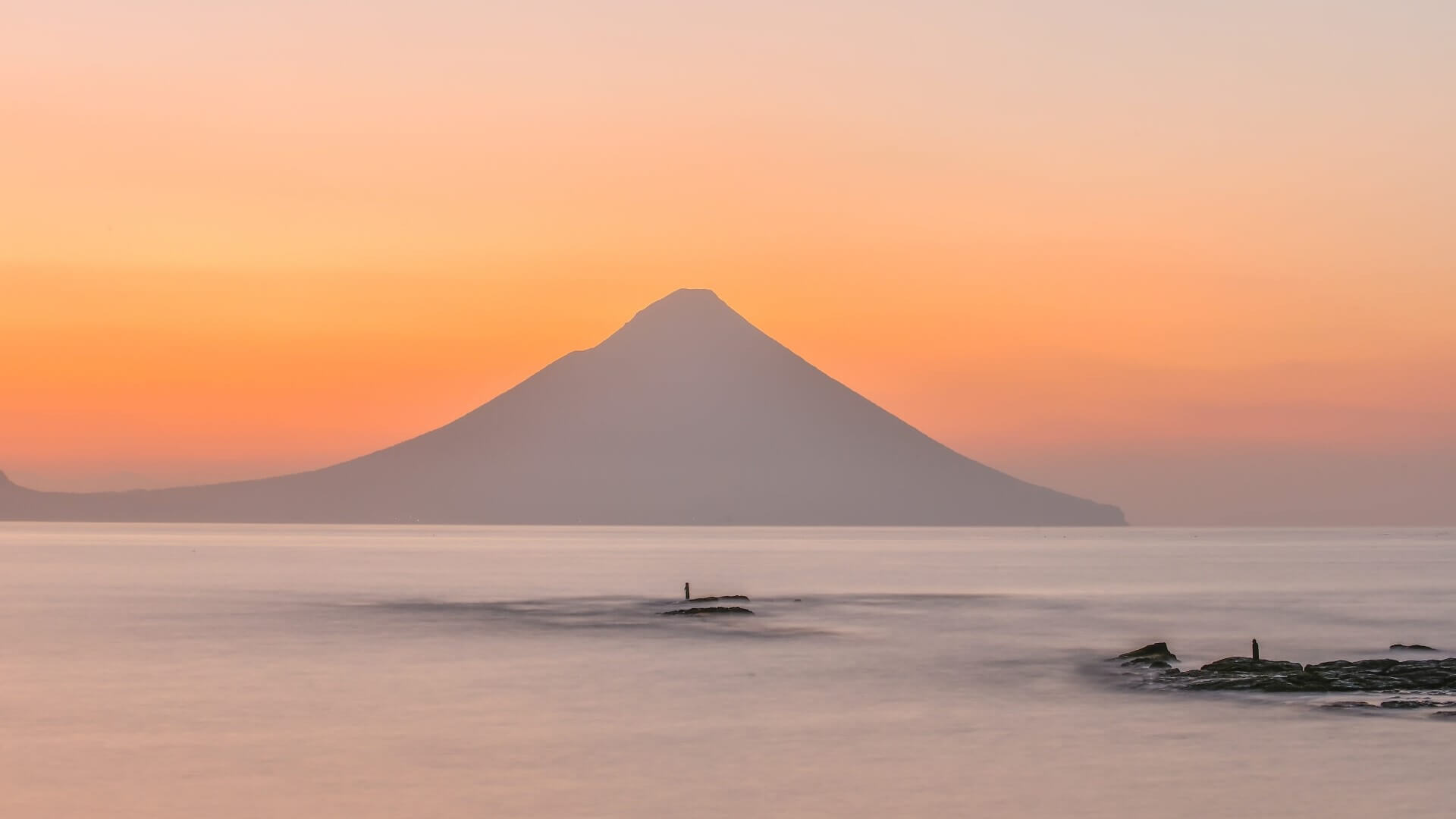
Lying to the southwest of Japan’s main island of Honshu, Kyushu is a region blessed with attractions, from the historic to the natural and the exotic. Fukuoka is the largest city in Kyushu while Nagasaki’s history transcends the national to occupy a place in the global consciousness. Kumamoto and its famous castle or Kagoshima and its nearby natural splendours including the World Heritage island of Yakushima, all combine to make this one of the most rewarding travel destinations in Japan. Our ’30 Things to Do Around Kyushu & Where to Stay’ page is a great place to start when planning your visit to the region.
PLAN YOUR VISIT TO JAPAN
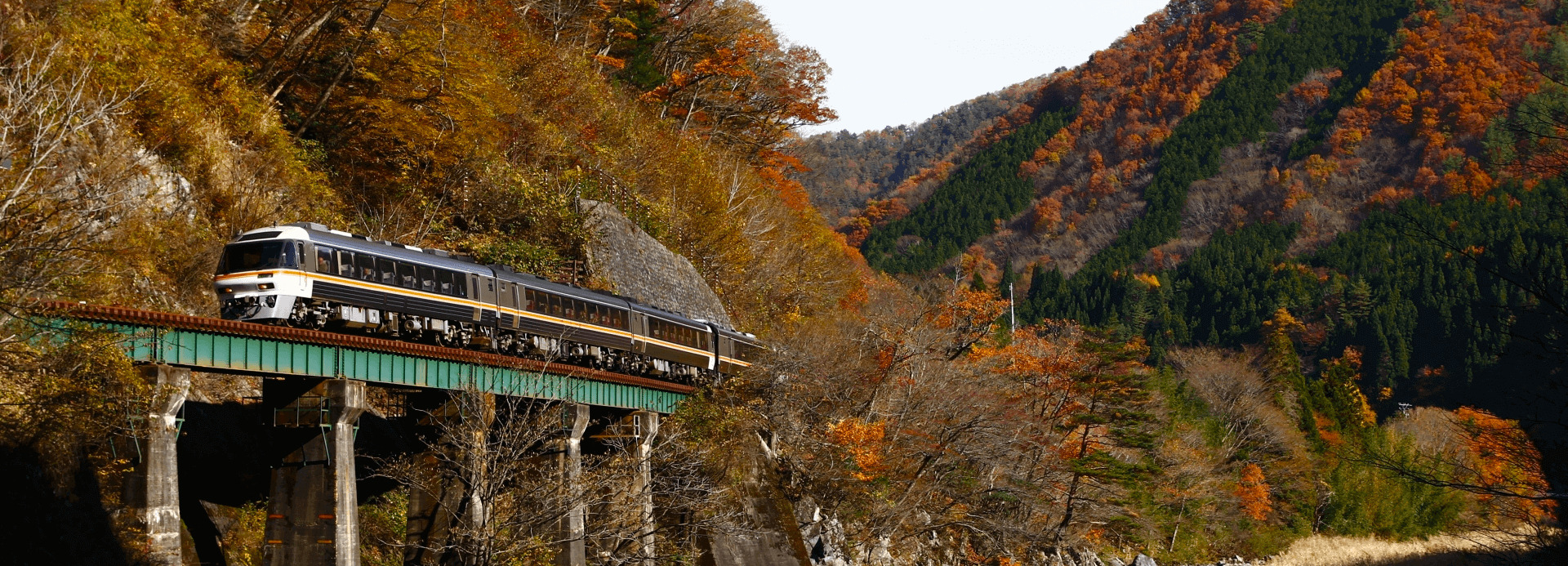

Kumamoto Station is just one part of Japan’s fantastic rail network. Unfathomable in its size and efficiency, moving around the country by train is easy and comfortable opening-up all regions of Japan for exploration. Our ‘Plan Your Visit’ page has everything you need to know about visiting Japan – from tips on the best time to travel, times to avoid, entering and exiting the country, money matters, staying connected, accommodation, staying safe and healthy and plenty more to ensure that you get the most out of your time here.



